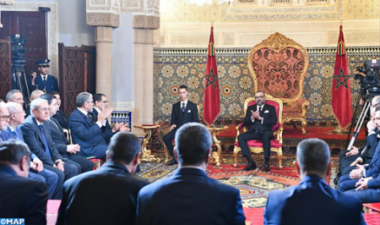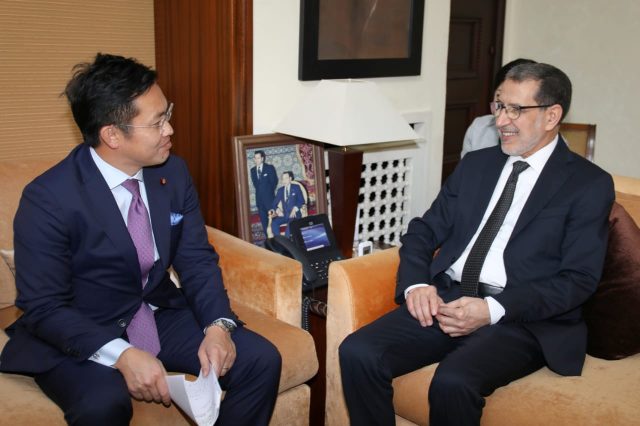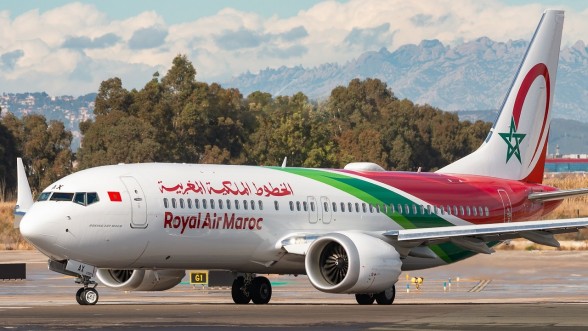 King Mohammed VI chaired the signing ceremony of a deal outlining different measures to guarantee regular water supply in the country over the next eight years for a total cost of 115.4 billion dirhams (€10.8 billion).
King Mohammed VI chaired the signing ceremony of a deal outlining different measures to guarantee regular water supply in the country over the next eight years for a total cost of 115.4 billion dirhams (€10.8 billion).
The King was briefed on this occasion on the salient points of the 2020-2027 National drinking and irrigation water supply program, which provides for diversifying water resources to meet demand, guarantee water security, and combat the effects of climate change.
In this respect, 61 billion dirhams will be invested between 2020 and 2027 to build dams, including 20 large dams with a total capacity of 5.38 billion m3. The construction of the new dams will bring the overall storage capacity of the Kingdom to 27.3 billion m3.
In the same vein, 25.1 billion dirhams will go to irrigation and agriculture, 26.9 billion dirhams will be invested to meet water needs in rural areas and 2.3 billion dirhams will be used to improve wastewater treatment.
The projects will be funded by up to 60% from state budget while 39% will be provided by agencies operating in related fields as part of a public-private partnership.
A steering committee will oversee the implementation of the program, led by head of the government.
The program also aims at building desalination plants adding to the already operational plants in Laayoune, Boujdour, Tan Tan and Akhfenir. Two desalination stations are currently under construction in Agadir and Al Hoceima and three others are scheduled in Casablanca, Dakhla and Safi.
Morocco is expected to tender this year for the construction of a dam with a capacity of 1.35 billion cubic meters of water that will meet the needs of Tangier and Oujda.
Since his accession to the throne in 1999, King Mohammed VI has consolidated the policy led by late King Hassan II to provide the Kingdom with water infrastructure through dams of different sizes.


